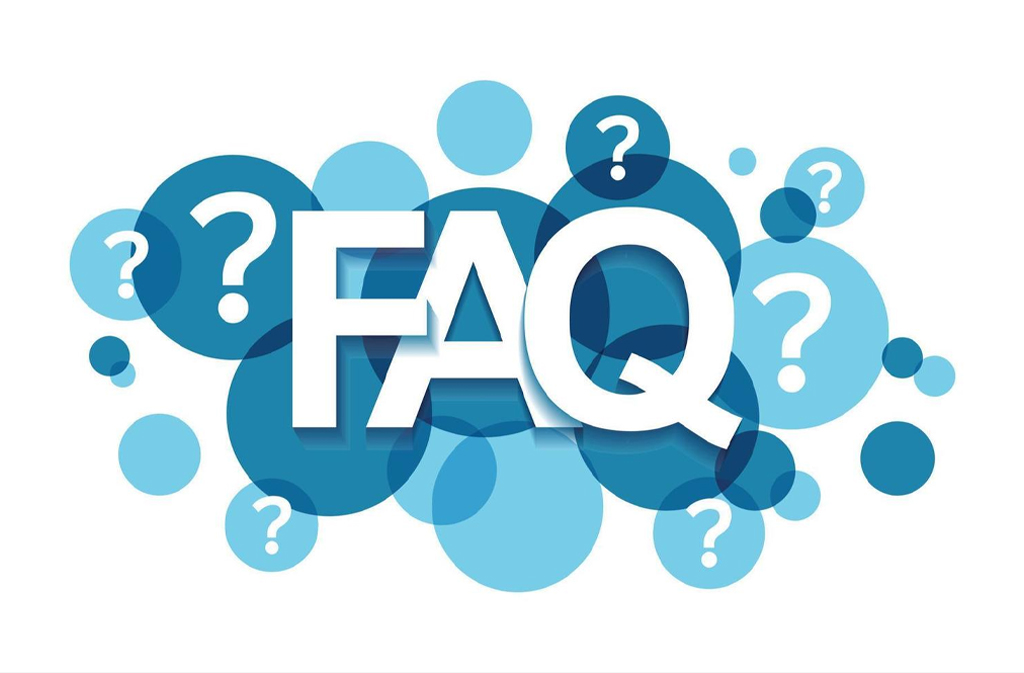We live in a society is a phrase you may have seen online, in memes, or even in serious discussions. At first glance, it sounds simple, but the words carry deep meaning. People often use it to point out the unfair parts of life, social expectations, or the strange ways humans behave together.
In this article, we will break down what the phrase really means, how it started, and why it remains important in culture today. By the end, you’ll understand why “we live in a society” is more than just a funny internet phrase—it’s also a reflection of real human life.
What Does “We Live in a Society” Really Mean?
When people say “we live in a society,” they are usually commenting on how unfair or strange the world can be. For example, someone might use it when talking about people caring more about money than kindness.
At the same time, the phrase is often used sarcastically. Online, it became a way to make fun of overly dramatic statements about how bad society is. Because of this, “we live in a society” carries both serious and humorous meanings, depending on the context.
Origins of the Phrase We Live in a Society
The exact origin of the phrase is unclear, but it became famous through internet culture. Memes and jokes spread the words across social media platforms like Reddit, Twitter, and Instagram.
Later, the phrase gained even more attention when it was linked to movies and characters that criticize society. For example, the Joker character from Batman is often associated with it, since he talks about the problems of the world in a dramatic way. This connection made “we live in a society” both popular and iconic.
Why Do People Say We Live in a Society?
People say “we live in a society” to highlight contradictions in daily life. For instance, society teaches us to share and be kind, yet at the same time rewards selfishness and greed. Because of this, the phrase is a quick way to point out irony.
Another reason people use it is humor. When someone exaggerates how unfair small things are, they might follow up with “we live in a society.” This turns the frustration into comedy, which is why the phrase spread so quickly online.
We Live in a Society and Internet Culture
The internet gave the phrase a life of its own. Memes using “we live in a society” range from jokes about video games to comments on politics.
Interestingly, the phrase became a tool to mock people who act too serious online. By using it sarcastically, internet users turned a dramatic statement into something funny. However, because of its flexibility, it still works in serious discussions as well.
Social Issues Behind We Live in a Society
While the phrase is often funny, it can also point to real social problems. When people use it seriously, they may be talking about poverty, inequality, or unfair rules.
For example, when workers feel undervalued despite working hard, they might say “we live in a society” to express their disappointment. Similarly, when people notice unfair treatment, the phrase becomes a shorthand way to point out the issue without needing long explanations.
How Movies and Media Shaped the Phrase
Movies, TV shows, and video games have helped shape the popularity of “we live in a society.” Characters who talk about society’s flaws often inspire the use of this phrase.
The Joker, as mentioned earlier, became one of the strongest links to the phrase. His lines about chaos, order, and fairness reflect exactly what “we live in a society” tries to say. Because pop culture amplified it, the phrase reached audiences beyond the internet.
Everyday Examples of We Live in a Society
Even though the phrase feels dramatic, you can apply it to everyday life. For instance, when people stand in line for hours to buy the latest phone, some might say “we live in a society” to point out how strange our priorities are.
Another example is when basic needs like housing or healthcare are expensive, yet luxury items are easier to buy. Once again, saying “we live in a society” highlights the irony of these situations.
Why the Phrase Still Matters Today
Despite starting as a meme, the phrase has not disappeared. In fact, it remains popular because it reflects timeless truths about human behavior.
People continue to use it because society itself is filled with contradictions. Since technology, politics, and culture keep changing, there will always be new reasons to say “we live in a society.”
The Balance Between Humor and Truth
What makes the phrase special is that it works in two ways. On one hand, it is funny, because it exaggerates normal situations. On the other hand, it can express real frustrations about life.
This balance between humor and truth explains why it spread so widely. People can laugh at it in one moment and take it seriously in another. That flexibility ensures the phrase will stay relevant for years to come.
Final Thoughts
In conclusion, “we live in a society” may sound simple, but it holds deep meaning. It is both a meme and a way to highlight serious social issues. From internet jokes to political discussions, the phrase shows how language adapts to culture.
By understanding the phrase, we see how humor and truth often mix together. Whether used in fun or frustration, “we live in a society” continues to remind us that human life is complex, ironic, and sometimes unfair—but always worth examining.

Frequently Asked Questions (FAQs)
Q1. What does the phrase really mean?
The phrase often highlights the flaws or challenges in modern life. People use it to point out social issues, unfairness, or even to make fun of cultural norms.
Q2. Why did the phrase become so popular on the internet?
It became popular because it was used in memes and jokes online. Many people found it relatable and funny, which made it spread quickly across social media.
Q3. Is the phrase always used seriously?
Not always. Sometimes it is used to make a serious point about social problems, but other times people use it humorously to exaggerate everyday frustrations.
Q4. Where did the phrase originally come from?
The exact origin is hard to trace, but it grew in popularity through internet culture, especially in online communities and forums.
Q5. How is it used in conversations today?
Today, people often use it casually in discussions, social media posts, or memes to express irony, sarcasm, or real concerns about society.
Visit our website: Pure Magazine


